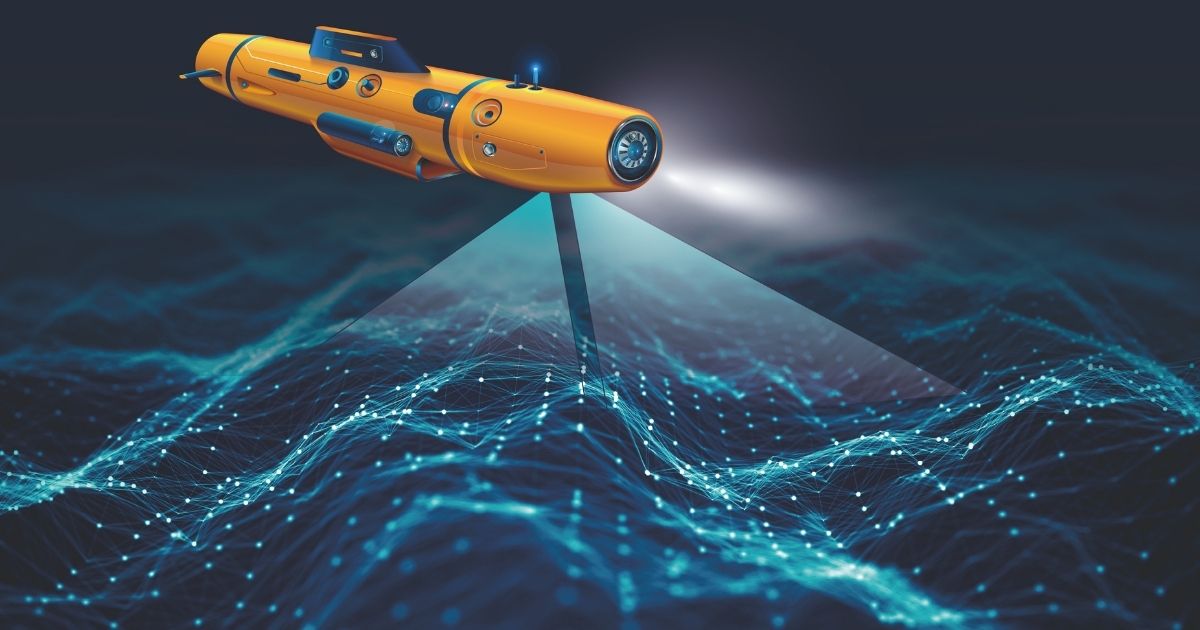In an era marked by the urgency of addressing climate change and the pressing need for sustainable development, the concept of the “blue economy” has emerged as a beacon of hope. This article explores the multifaceted potential of the blue economy, emphasizing the critical role of sustainable marine resource utilization in not only driving economic growth but also fortifying the resilience of coastal communities grappling with environmental challenges.
Sustainable Fisheries Management for Resilient Coastal Communities
At the heart of the blue economy is the imperative of sustainable fisheries management. Coastal communities, heavily reliant on marine resources, face increasing threats from overfishing, climate change, and habitat degradation. Implementing responsible fishing practices becomes paramount to safeguard both livelihoods and ecosystems. Policies such as catch quotas, marine protected areas, and community-based management offer effective strategies. By regulating fishing activities and promoting conservation, these practices contribute to the resilience of fisheries, ensuring a balanced coexistence between human communities and marine environments.
Aquaculture Innovation and Food Security
As global demand for seafood continues to rise, the blue economy introduces the potential of aquaculture as a sustainable solution. Innovations in aquaculture practices are transforming the industry, offering alternatives that alleviate pressure on wild fish stocks. Integrated multitrophic aquaculture and land-based aquaponics systems exemplify these sustainable practices. By cultivating a diverse array of marine species in controlled environments, aquaculture not only supports food security but also provides alternative livelihoods for coastal communities, fostering resilience in the face of changing environmental dynamics.
Renewable Energy from the Oceans
The blue economy extends its reach to the vast potential of renewable energy derived from the oceans. Offshore wind farms, tidal energy, and wave energy technologies are emerging as crucial contributors to sustainable energy sources. Diversifying the energy mix with marine-based renewables enhances energy security, reducing dependence on traditional fossil fuels. As coastal regions invest in these technologies, they not only contribute to mitigating climate change but also fortify their resilience against the adverse impacts of fluctuating energy markets and environmental instability.
Marine Biotechnology and Medicinal Discoveries
The oceans, teeming with diverse life forms, are proving to be a treasure trove of biotechnological and pharmaceutical discoveries. Marine biotechnology holds the potential for groundbreaking innovations in medicine, biofuels, and materials. By unlocking the genetic potential of marine organisms, scientists are pioneering new avenues for drug development and sustainable resource utilization. These discoveries not only foster scientific advancements but also present economic opportunities, contributing to the resilience of coastal economies as they diversify and capitalize on the potential of marine biotechnology.
Eco-Tourism and Conservation Efforts
Sustainable eco-tourism, centered around marine ecosystems, has emerged as a powerful tool for conservation and community resilience. Responsible tourism practices can generate income for local communities while fostering a sense of environmental stewardship. Coastal regions, endowed with unique marine biodiversity, attract tourists seeking immersive experiences. This influx of visitors can be harnessed to create economic opportunities that simultaneously support conservation efforts. By integrating eco-tourism with conservation initiatives, coastal communities build resilience, deriving economic benefits from preserving their natural assets.

